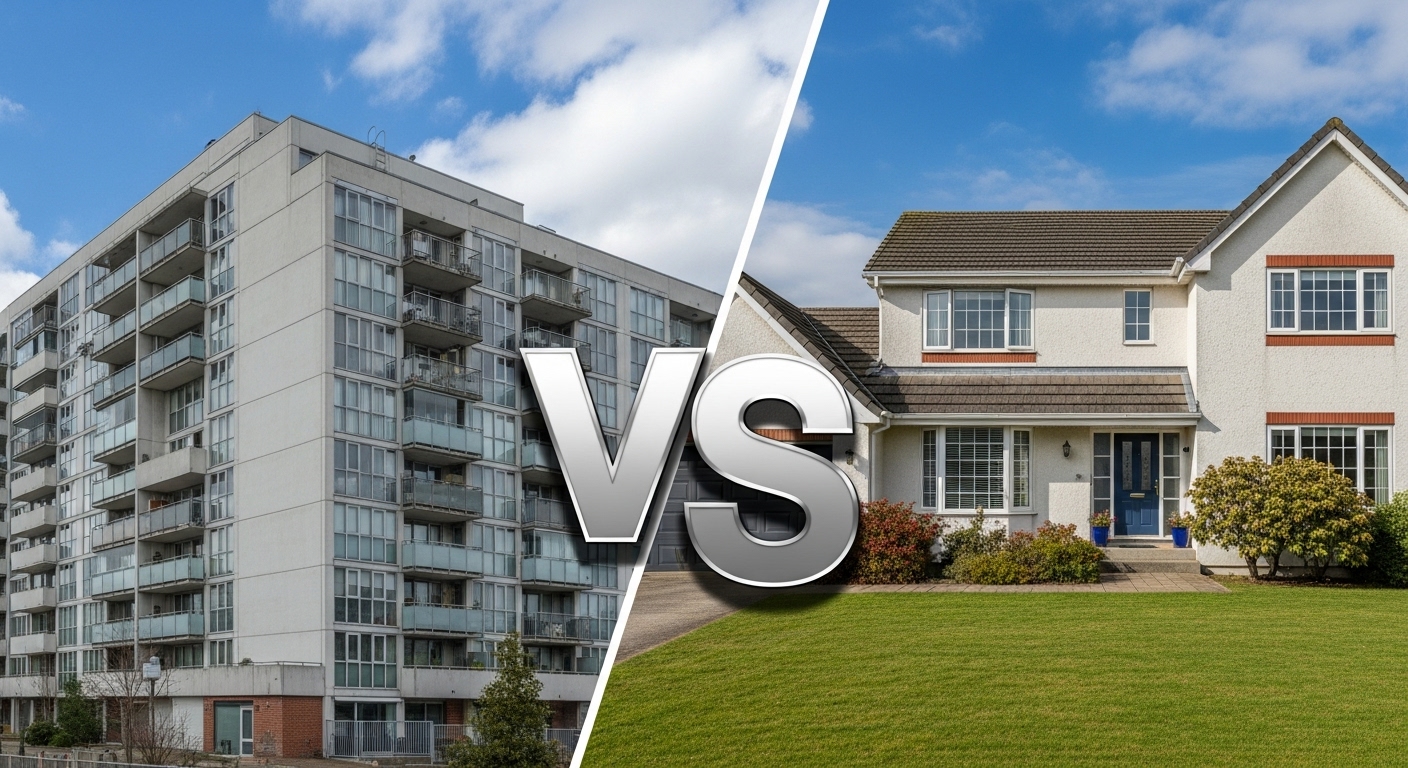Deciding whether to rent or buy a home is a significant choice that can impact your financial future and lifestyle. Both options come with their own set of advantages and disadvantages, and the right decision often depends on individual circumstances, preferences, and long-term goals. Here’s a detailed analysis of the financial pros and cons of renting versus buying a home.
Pros of Renting
- Flexibility: Renting offers greater flexibility, making it easier to relocate for job opportunities or personal reasons. Lease agreements typically last for a year or less, allowing you to move without the burden of selling a property. If you think you’ll move in the next 5 years, then renting is probably the right choice.
- Lower Upfront Costs: Renting usually requires a security deposit and the first month’s rent, which is significantly less than the down payment needed to buy a home. This makes renting more accessible for those who may not have substantial savings.
- Maintenance-Free Living: Renters are generally not responsible for maintenance and repairs. If something breaks, it’s typically the landlord’s responsibility to fix it, which can save time and money.
- No Market Risk: Renters are not affected by fluctuations in the housing market. If property values decline, renters are insulated from potential losses.
Cons of Renting
- No Equity Building: Rent payments do not contribute to ownership. Over time, renters miss out on the opportunity to build equity, which can be a significant financial asset.
- Rent Increases: Landlords can raise rent prices, sometimes significantly, at the end of a lease term, making it difficult to budget for housing costs long-term.
Pros of Buying
- Equity and Investment: Homeownership allows you to build equity over time. As property values increase, your investment can appreciate, providing potential financial returns.
- Tax Benefits: Homeowners may benefit from tax deductions on mortgage interest and property taxes, which can lead to significant savings.
- Predictable Payments: With a fixed-rate mortgage, homeowners can enjoy predictable monthly payments, unlike renters who may face fluctuating rent costs.
Cons of Buying
- High Upfront Costs: Purchasing a home typically requires a substantial down payment, closing costs, and other fees, which can be a barrier for many. These high upfront costs are why you should only purchase a home if you plan to stay for at least 5 years.
- Maintenance Responsibilities: Homeowners are responsible for all maintenance and repairs, which can be time-consuming and costly.
- Market Risk: Home values can fluctuate, and homeowners may face losses if they need to sell during a downturn in the market.
- Less Flexibility: Selling a home can be a lengthy process, making it harder to relocate quickly for job opportunities or personal reasons.
Ultimately, the decision to rent or buy depends on your financial situation, lifestyle preferences, and long-term goals. Consider your current needs and future plans carefully to determine which option aligns best with your life.


Leave a Reply